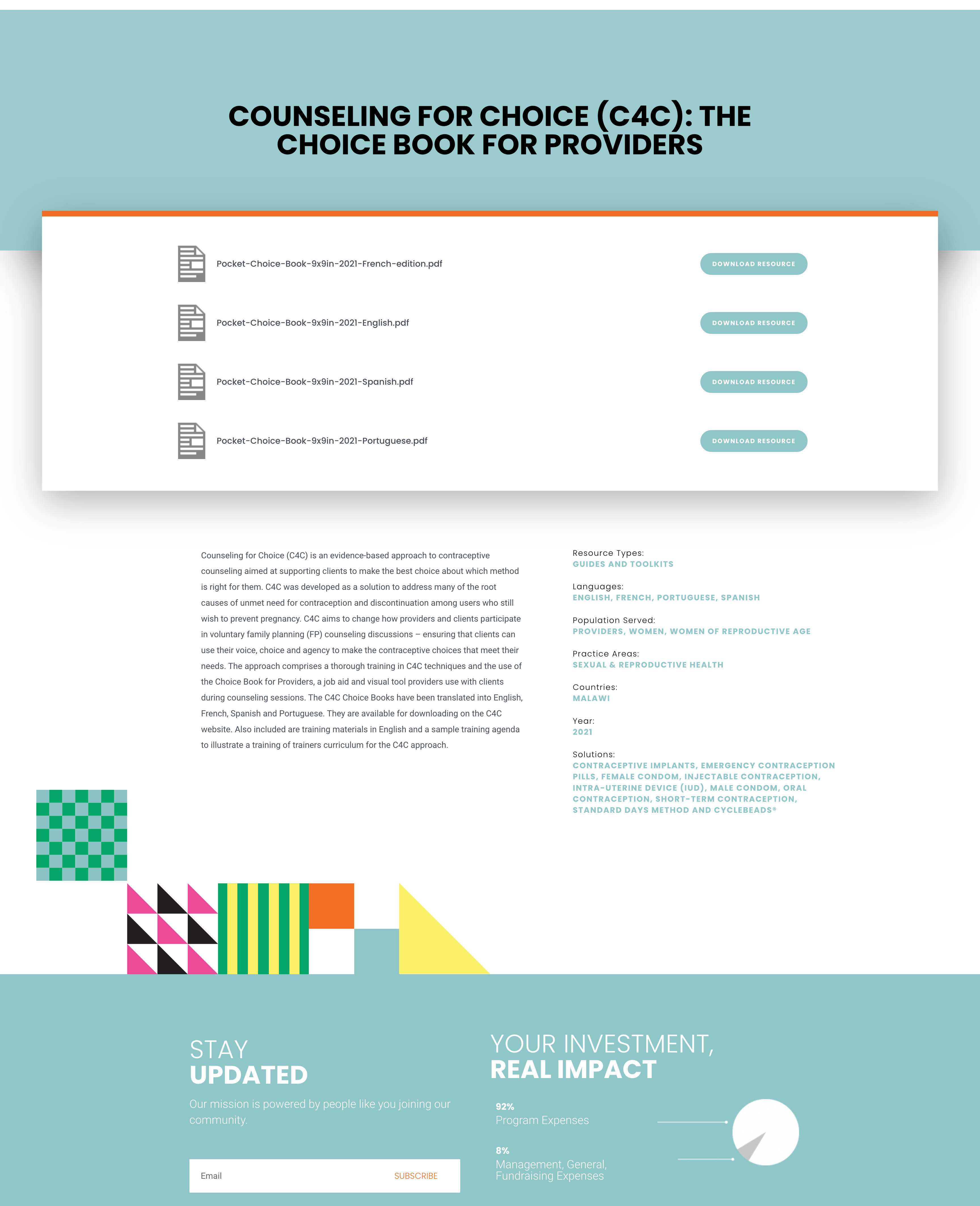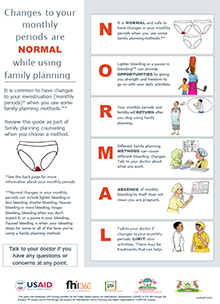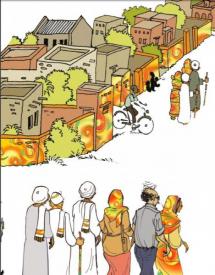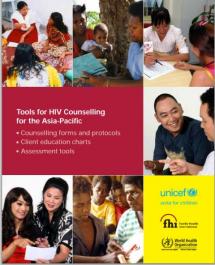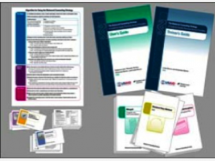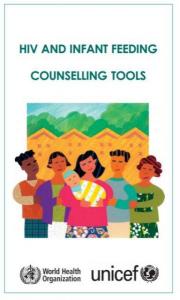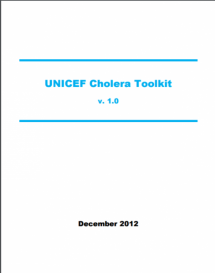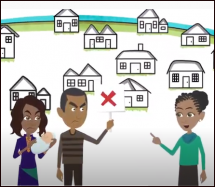Counseling for Choice: The Choice Book for Providers
Counseling for Choice (C4C) is an evidence-based approach to contraceptive counseling aimed at supporting clients to make the best choice about which method is right for them. C4C was developed to address many of the causes of unmet need for contraception and discontinuation among users who still want to prevent pregnancy. C4C aims to change providers and clients’ participation in voluntary family planning counseling discussions and ensure that clients can use their voice, choice, and agency to make contraceptive choices that meet their needs. The approach requires a thorough training in C4C techniques and the use of the Choice Book for Providers, a job aid and visual tool providers use with clients during counseling sessions. The C4C Choice Books have been translated into English, French, Spanish, and Portuguese.
Source: PSI
Date of Publication: September 1, 2022

